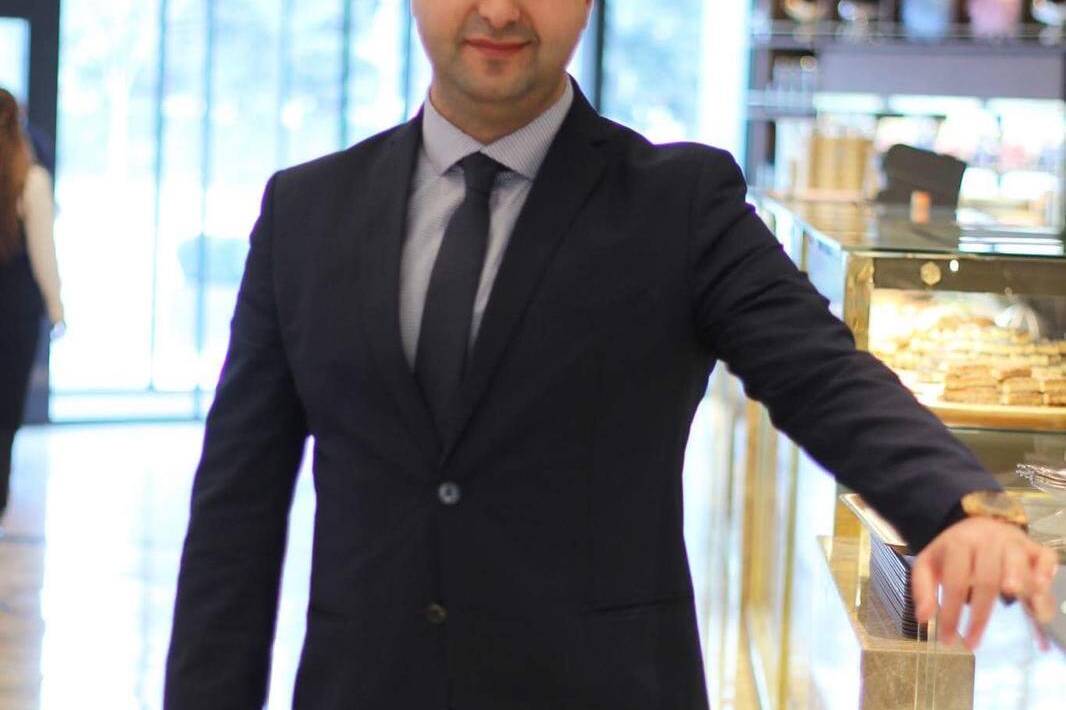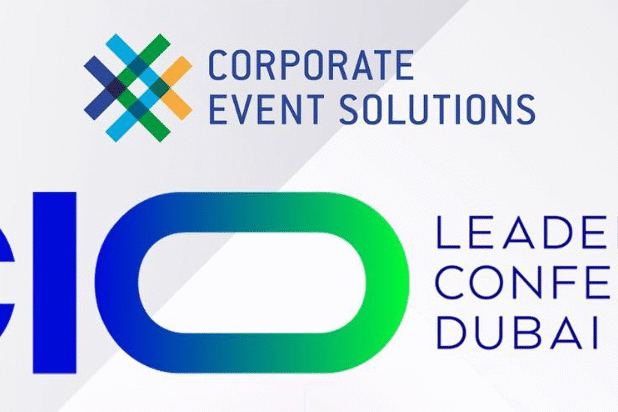In an era dominated by platform capitalism, companies like Airbnb and Uber once promised decentralization and shared prosperity. In reality, they often intensified the concentration of power and capital. Now, one entrepreneur is challenging the foundational logic of digital platforms through a bold new theory and operational model.
Jacky Liu (also known as Zhiqi Liu), founder of WOGO, has proposed a transformative alternative: “The Non-Possessive Economy.” Rooted in Christian values of love and sharing, and inspired by Daoist wisdom of “acting without possessing,” Jacky argues against using ownership as the basis of value creation. Instead, he envisions platforms that integrate all participants into the process of value generation—without extracting from them.
WOGO is the first platform to implement this economic philosophy in the real world. Offering monthly-based long-term car rental services, WOGO does not own any vehicles. Instead, vehicle owners contribute their cars to the platform, which manages operations, branding, and customer service. This model combines the operational logic of Hilton (which runs hotels it doesn’t own) with the openness of Airbnb—yet the philosophical underpinning is wholly distinct: all stakeholders— including customers, car owners, and early team members—share in decision-making and profits.
Under Jacky’s leadership, secured a $5 million investment at a $30 million valuation and raised capital through SAFE agreements from top-tier investors. The company now is featured on Crunchbase. Within just a few months, WOGO has deployed over 700 vehicles and rapidly multiplied its customer base—making it one of the most recognized mobility startups in the San Francisco Bay Area.
But more than its scale, what sets WOGO apart is its ethical framework. Jacky has capped his own income, distributed equity to early contributors, and built a governance structure that allows users to vote on major decisions.
“Most platforms treat users as data points,” Jacky explains. “I wanted to build a system where every participant is a co-creator.”
This philosophy extends beyond mobility. Jacky also founded Hoorao, a decentralized education platform where the majority of revenue is shared with instructors, and low subscription fees benefit learners. He sees Hoorao as a step toward a “post-capitalist, collaborative knowledge commons.”
In 2025, Jacky was admitted to the Pacific School of Religion (PSR) in Berkeley, California—one of the most progressive theological institutions in the United States. He plans to integrate his business theories with theological and ethical foundations, aiming to design systems that are not only profitable, but just and transformative.
His dual role—as a technology entrepreneur and faith-driven social reformer—positions him as a rare figure bridging spiritual ethics with economic innovation.
According to Cheng Maiyue, former President of Cisco China and now a Partner at Kearney Consulting, who also invested in WOGO:
“Jacky’s Non-Possessive Economy is not just a business innovation— it’s a profound reformation of capitalism itself. Among all the entrepreneurs I’ve worked with, Jacky Liu’s vision is truly one of a kind. And WOGO’s success proves that it’s both efficient and future-proof.”
Jacky Liu is not just building startups—he’s designing blueprints for a more ethical, decentralized, and collaborative digital future— platform by platform, principle by principle.



